The Hague, Aug 13 (V7N) – In a significant ruling under the long-standing Indus Waters Treaty, the Permanent Court of Arbitration (PCA) in The Hague has directed India to allow uninterrupted water flow from western rivers for Pakistan's use, in accordance with the treaty’s provisions. The decision has been welcomed by Pakistan, which sees it as a victory for international water law and treaty obligations.
The court emphasized that India must strictly adhere to the technical and legal parameters outlined in the 1960 Indus Waters Treaty and cannot rely solely on its own interpretations or domestic standards when constructing hydropower projects on shared rivers.
According to the PCA, any infrastructure such as dams or barrages on the Indus River or its tributaries must comply fully with the treaty’s original terms. The court explicitly stated that projects inconsistent with the treaty’s core documentation cannot be permitted, reinforcing the binding nature of the agreement on both parties.
The dispute centered around India’s hydroelectric projects on rivers allocated to Pakistan under the treaty, particularly in Jammu and Kashmir. Pakistan has long objected to several Indian hydropower ventures, claiming they reduce downstream water availability and violate the treaty’s intent.
Monday’s verdict aims to resolve growing tensions between the two nuclear-armed neighbors over water-sharing rights. The ruling is part of an ongoing arbitration process initiated by Pakistan, with India having previously challenged the PCA's jurisdiction.
The Indus Waters Treaty, brokered by the World Bank and signed in 1960, remains one of the most successful international water-sharing agreements. It allocates control over the eastern rivers (Ravi, Beas, and Sutlej) to India, and the western rivers (Indus, Jhelum, and Chenab) to Pakistan, with provisions for India to use the western rivers for non-consumptive purposes, including limited hydropower development.
Legal experts note that this ruling reinforces international legal norms around transboundary water management and could shape future water disputes globally, particularly in regions affected by climate change and growing water scarcity.
India has yet to issue an official statement in response to the PCA’s ruling.
END/WD/AJ/



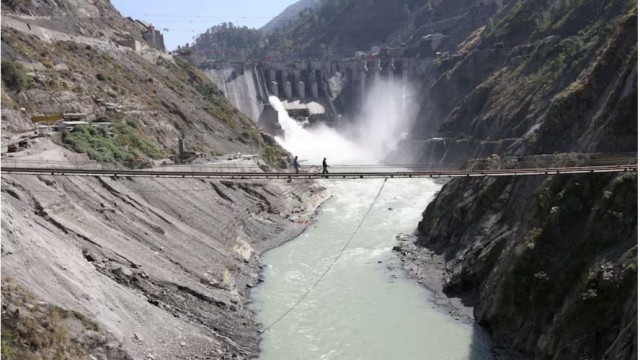



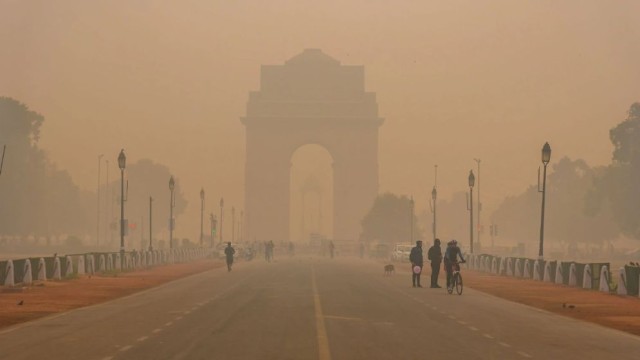

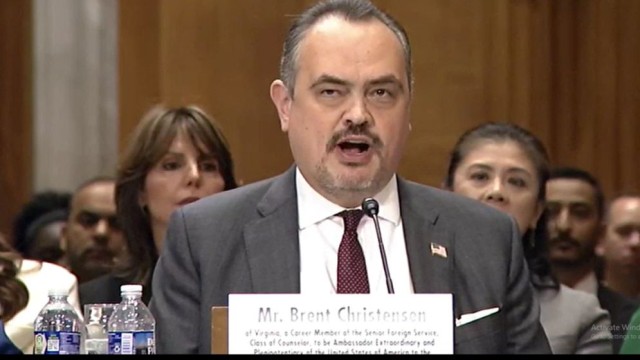

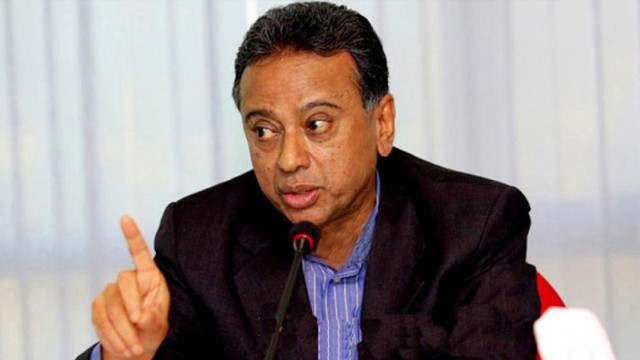

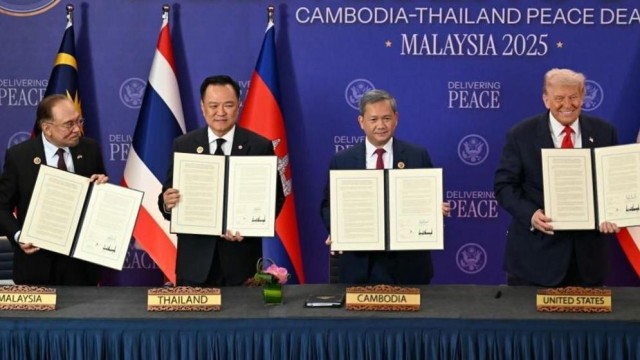
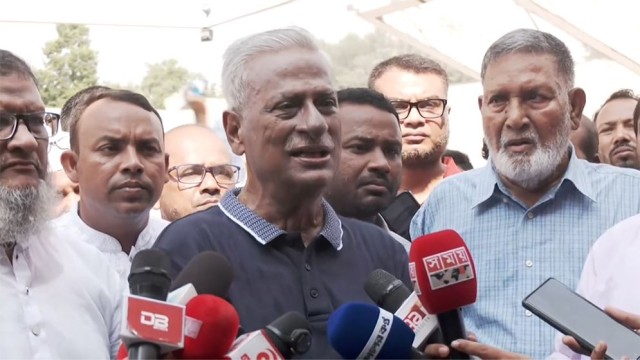







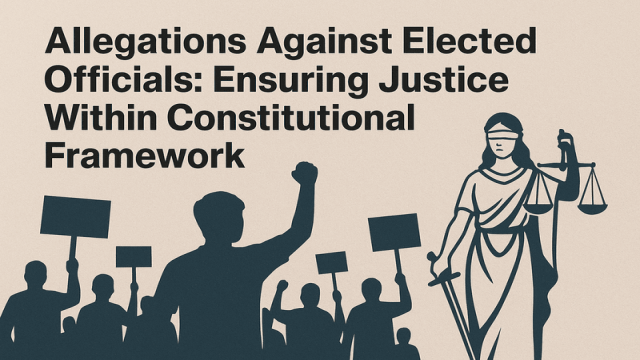






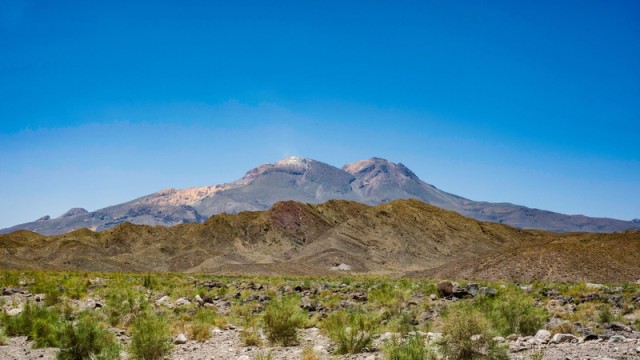
Comment: